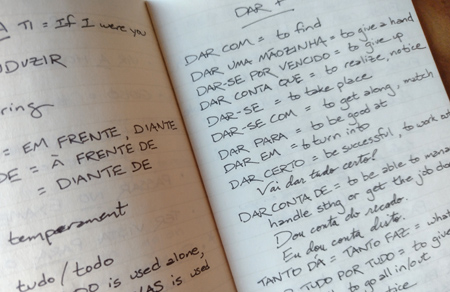
While searching for information about the B2 European Portuguese exam, I found very little online about personal experience either studying for or taking this test. The pandemic had spawned several YouTube channels that teach various aspects of the language —very much appreciated— but I only discovered a few people that discussed the actual examination process. So here’s my journey…
Why?
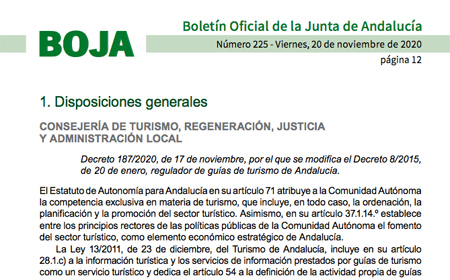
Why would I need to take this exam? In November 2020, the Andalucía government updated requirements to obtain an official guiding license: no coursework necessary if you already possess certain university degrees + a minimum of three languages… at least B2 in Spanish, B2 in another language & C1 in yet another. In my case, those other languages would be Portuguese & English. Yet I’d never taken an exam to determine my actual level in any language. I got Spanish out of the way last year, then started studying in January for Portuguese. No time to waste.
How to begin?
First things first: check for test dates because I’d have to fit the exam into my crazy work schedule. Surprisingly there are only three dates for European Portuguese (regardless of level) offered each year, in May, July & November. By sheer coincidence the May date came exactly in between work commitments, & I’d have five months to study. Surely that would be enough…
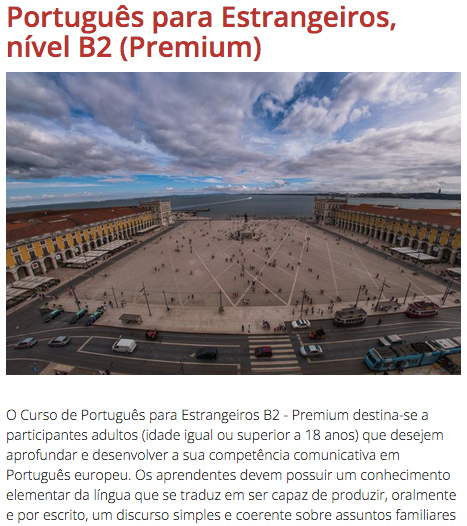
But from the beginning, interaction with the Instituto Camões —an official organization that develops & administers the exam— was disappointing. They offer online prep classes at three different levels with different price tiers & various degrees of personalized interaction with tutors. Signing up would be a big time commitment for me, so after spending the night thinking about which level to pay for, I decided to go for the most expensive or Premium class. But guess what? The date I wanted was no longer available. The deadline had been the previous day although no warning or notice was on their website. Seriously? I even emailed to ask if they could make an exception. Não, imposível.
The second problem became evident after I paid 115€ for the May test date. Results would be delivered in July… about one week prior to the next test date. But that’s too late to sign up for the next test, just in case I didn’t pass & needed to take the exam again. Such poor organization. So I might have to wait until November to take the test again?! That’s just placing unnecessary road blocks for test takers.
Study time
With the option of an official tutor out of the question, I really had only one choice: start reviewing on my own. After all, that’s what I’d done for the Spanish language exam. I’d kept all my previous grammar books from years ago, & that seemed like a logical place to begin. By the way, my first classes in the 2000s were with a private tutor in Buenos Aires —the partner of the Portuguese ambassador to Argentina— & later with a porteño who’d studied in Portugal. You can imagine how difficult it was to find exposure to European Portuguese, not Brazilian, in Argentina.
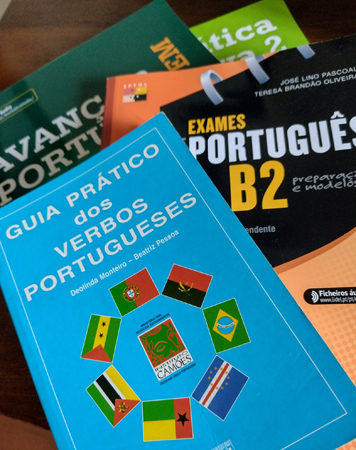
I also ordered additional books from Amazon (62.42€ total) that had been recommended by contacts on social media. These were my main study materials:
- Gramática Activa 1 (so old that it didn’t include the orthographic update!)
- Gramática Ativa 2
- Guia Prático dos Verbos Portugueses
- Avançar em Português B2
- Exames de Português B2: Preparação e Modelos
During that first week of study, I came to realize that I’d been mistaken about my level of Portuguese. Closer to B1 than to B2, I lacked practice during the pandemic & I’d never finished the second grammar book way back when. Oopsie. That meant I had to put more effort & time into this exam than expected. From mid-January until the test in May, I studied every single day for anywhere from 1 to 5 hours. Crazy but necessary.
Test composition
Besides reviewing & learning grammar, another big component of taking any test is understanding its format. The following format applies to the B2/DIPLE (Diploma Intermédio de Português Língua Estrangeira) exam:
- Reading comprehension (75 min)
- Writing two essays + transforming/rewriting sentences (75 min)
- Listening comprehension (40 min)
- Spoken interaction (20 min)
Quick rant: I’ve always disliked standardized tests. I was required to take them from an early age, & in my opinion they mainly make money for the organization who designs them. Want to know my true level of Portuguese & knowledge of Portugal? Sit me in a room with a bunch of examiners & let’s chat for an hour. See how fast I read, ask me questions about written material, anything is preferable to a standardized test in my opinion! Rant over.
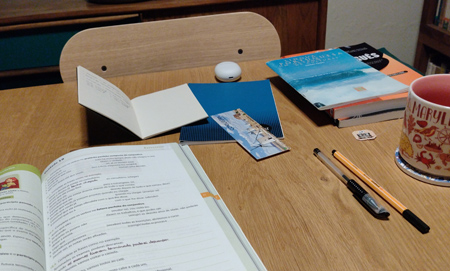
Reading & listening I could practice on my own & my fellow Rick Steves guide from Portugal, Cristina Duarte, helped me with frequent phone chats, but I needed someone to correct my written essays. A quick internet search led me to Ana Baltazar, a private tutor. I liked her profile, & soon we were having sessions twice a week (30€ for 50 min on Preply). Ana was instrumental in clearing up certain doubts, filled in gaps in my self-learning & was a kind ear. Loved our chats!
Test day
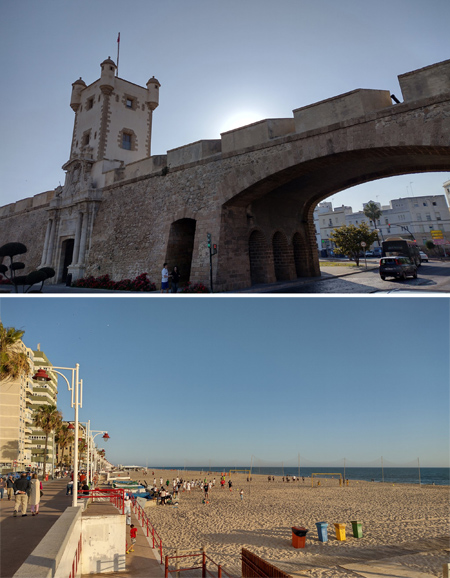
As unbelievable as it sounds, there was no exam center available near Sevilla in May. Nor in Córdoba where I took my Spanish exam… the closest was in Cádiz! I love every opportunity to go there, but with current train schedules I had to go the night before (26.60€ round-trip) & spend money on lodging (Hotel Regio, 83.90€) plus a couple of meals (maybe 20€ total). More cash spent.
The testing center experience was a little crazy. Mercedes did not start on time, & during a few moments of the exam she chatted with her colleague aloud. Seats were tiny desks, so we had to use another for our personal items & all extra sheets of the exam. I think a cubicle or large tables would be better suited, but oh well. I did the best with what was available.
Since only three other candidates took the test with me (two from Huelva + one guy from Ceuta), we did the oral section before lunch instead of after. That meant we’d finish sooner; no complaint from me. But a couple more general issues here: examiners record each oral exam on video & one part consists of a skit between two candidates. I opted out of having my video shared or used for other purposes, but who knows where it will end up? Taping should not be a component at all. Also, interacting with another candidate is ridiculous… what if our levels of Portuguese are very different? Some people are not good with role play, & that factor alone could interfere with how someone tests. I’m sure the Instituto Camões has a reason for this methodology, but I fail to understand it.
Results
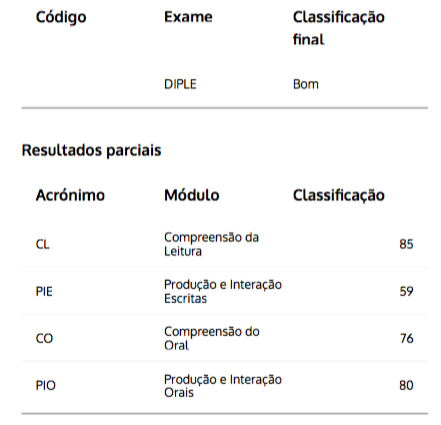
About a month & a half later, results were made available online: I passed! Candidates only need 55% on each section, so I did ok… I wasn’t thrilled with the writing score but honestly, I had less time to focus on that because my aunt passed away. I cut my sessions with Ana short in April to go to the US, & it showed. And even though I only qualified as muito bom on the first section, at least it’s done.
I’d love to continue studying & obtain the C1 level; I adore Portuguese that much. But at this point in my life, there’s no real need. My current work is in Spain only & according to local guides in Sevilla, there’s little demand for Portuguese language tours there. Besides an enormous amount of study time, I also spent over $600 on this whole process… too expensive to continue without a definitive reason.
I hope this brief overview helps others understand the test-taking process better. Boa sorte!
Estou preparando a minha prova de B2 no Novembro, muito obrigado pelo seu artigo.
Obrigado e boa sorte!!